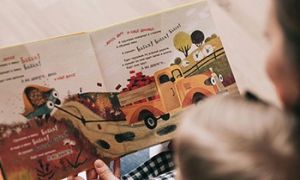On 26 January we celebrate Australia Day. A day to reflect on what we have achieved and what we can be proud of in our great nation. However, for Aboriginal Australians, it's a day of sorrow and loss. A clear reminder of their loss of freedom, loss of family, loss of culture - January 26 for Aboriginal Australians mourn the day by calling it Invasion Day.
What Is Australia Day?
Australia Day is the official national day of Australia. Celebrated annually on 26 January, it marks the anniversary of the 1788 arrival of the First Fleet of British ships at Port Jackson, New South Wales, and the raising of the Flag of Great Britain at Sydney Cove by Governor Arthur Phillip.
Meaning Of Australia Day For Aboriginal Australians
Aboriginal people call it 'Invasion Day', 'Day of Mourning', 'Survival Day' or, since 2006, 'Aboriginal Sovereignty Day'. The latter name reflects that all Aboriginal nations are sovereign and should be united in the continuous fight for their rights.
The 26 January, a date whose only significance is to mark the coming to Australia of the white people in 1788. It's not a date that is particularly pleasing for Aborigines," says Aboriginal activist Michael Mansel." "The British were armed to the teeth and from the moment they stepped foot on our country, the slaughter and dispossession of Aborigines began."
Do We Celebrate 26 January At Our Service?
How your service approaches Australia Day requires discussion, reflection, and insight.
For some services, it could be the decision to not take part in Australia Day celebrations on 26 January and choose another date instead.
For other services, it could be continuing with Australia Day celebrations on the 26 January and also include to show respect for Aboriginal Australia culture as well.
No one can say there is a single correct way to handle this day. Many people will have strong opinions, and it's important all educators build their own understanding and gain insights and to freely share what Australia Day means to them.
Early Childhood Australia recommends:
"Navigating how services approach 26 January may be more complex for some educators and in some communities than for others. The skills, resources and support required may depend on the nature of your setting, the team and leadership you work with, and the children and families in your community. Where opinions differ or debate becomes heated, it’s important to stay engaged, listen and be respectful. Try to stay with the discussion if you can, rather than stifle or turn away from it, just as you would address difficult conversations, disrespect or incomplete understanding between colleagues, among groups of children or with families on other matters” (The Spoke).
Respectfully Celebrating 26 January
As you begin to think about curriculum decisions and your role in supporting children to understand what it means to be Australian and celebrating Australia Day it's equally important to celebrate Aboriginal and Torres Strait Islander culture and identity enhances who we are as Australians.
Some ideas include:
- Include an Acknowledgement Of Country in the morning.
- The Aboriginal flag can be flown at half-mast.
- Acknowledge the local Aboriginal community and the honoured place of the First Peoples in any programs.
- Have a moment of silence.
- Learn about the local people who once lived in the service's area. Learn a little of their language and traditions and share those with the children.
- When discussing Australia Day, talk about the positives of living in this wonderful country (landscape, climate, flora and fauna, lifestyle).
For more ideas: Including Aboriginal and Torres Strait Islander Cultures In Your Service
For online stories and videos: Aboriginal and Torres Strait Islander Stories For Children
Australia Day is when we can all come together and pay tribute to our diversity, promote reconciliation and celebrate our progress as a dynamic, modern society. Australia Day is when we acknowledge and celebrate the contribution that every Australian makes. From our Aboriginal and Torres Strait Islander peoples – who have been here for more than 65,000 years – to those who have lived here for generations and to those who have come more recently to call our country home.
References:
- Australia Day - Invasion Day - Creative Spirits
- How To Celebrate Australia Day Respectfully, Illuminance Solutions Australia
- Australia Day, Survival Day, Wikipedia
- Explaining Australia Day To Kids, Baby Hints and Tips
- Australia Day and Survival Day, ABC News Australia


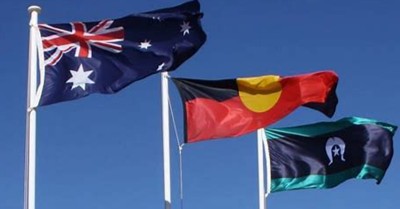
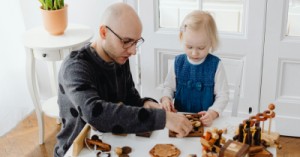
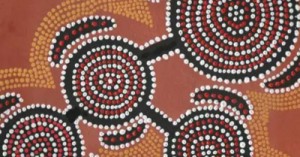
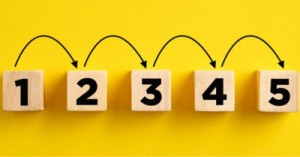

 The Children’s Services Award introduces a streamlined classification system and updated pay rates designed to better recognise the skills, qualifications, and responsibilities of early childhood
The Children’s Services Award introduces a streamlined classification system and updated pay rates designed to better recognise the skills, qualifications, and responsibilities of early childhood Children need safe and positive environments to learn and grow. To ensure this, services and educators need to ensure effective supervision at all times. The
Children need safe and positive environments to learn and grow. To ensure this, services and educators need to ensure effective supervision at all times. The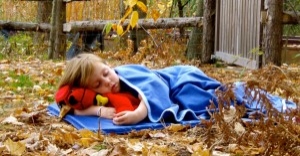 In Norway and most other Scandinavian countries, children nap in the outdoors. According, to research outdoor sleeping not only promotes better daytime sleeping, but it
In Norway and most other Scandinavian countries, children nap in the outdoors. According, to research outdoor sleeping not only promotes better daytime sleeping, but it Schemas are patterns of repeated behavior that allow children to explore and express developing ideas and thoughts through their play and exploration. The following article
Schemas are patterns of repeated behavior that allow children to explore and express developing ideas and thoughts through their play and exploration. The following article The following article lists 30 art and craft descriptions and links to the EYLF. These can be used as a blurb, during observations, used for
The following article lists 30 art and craft descriptions and links to the EYLF. These can be used as a blurb, during observations, used for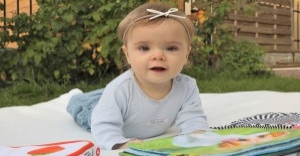 From the earliest months of life, babies thrive when given opportunities to experience the outdoors. Nature is not just a backdrop for play—it is a
From the earliest months of life, babies thrive when given opportunities to experience the outdoors. Nature is not just a backdrop for play—it is a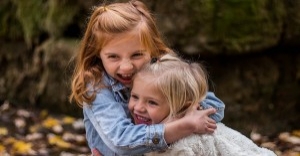 Feel Good Feb is dedicated to saying thanks, expressing gratitude, and promoting good deeds and random acts of kindness.
Feel Good Feb is dedicated to saying thanks, expressing gratitude, and promoting good deeds and random acts of kindness.
 The Education and Care Services National Regulations emphasise that children's individual needs, including sleep and rest, must be met. The overarching goal is to ensure
The Education and Care Services National Regulations emphasise that children's individual needs, including sleep and rest, must be met. The overarching goal is to ensure Positive phrases play a crucial role in children's growth because they help nurture their emotional, social, and cognitive development. The following article lists 30 positive
Positive phrases play a crucial role in children's growth because they help nurture their emotional, social, and cognitive development. The following article lists 30 positive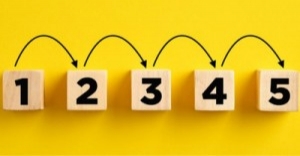 From 2026, every educator covered by the Children’s Services Award will move into a new, simplified classification structure. Instead of navigating 30 different levels, educators
From 2026, every educator covered by the Children’s Services Award will move into a new, simplified classification structure. Instead of navigating 30 different levels, educators